
The global transport sector, predominantly driven by fossil fuels, contributes significantly to greenhouse gas emissions—around 30% in developed countries and about 23% of total man-made CO2 emissions worldwide. Decarbonizing this sector is crucial for achieving the temperature goals outlined in the Paris Agreement. E-mobility has emerged as a key strategy to mitigate greenhouse gas emissions, enhance air quality, and reduce dependence on fossil fuels. Over recent years, many African nations have recognized the importance of e-mobility, making it a priority for their sustainable development goals.
From November 1-3, Kenya through the Africa E-mobility Alliance (AfEMA), hosted the Africa E-Mobility Week, a testament to the country’s leadership in the shift towards green mobility. The country is a global frontrunner in producing clean, green energy, with over 92% of its national grid powered by renewable sources, including wind, solar, and geothermal energy. This robust foundation has spurred the growth of numerous visionary e-mobility start-ups across the country, expanding from service providers to local assemblers of E-2 & 3 wheelers and e-buses.
The diversity of Africa’s cultural, economic, and environmental landscapes requires tailor-made solutions that are relevant to local realities. In the context of sustainable transport, Africa faces specific challenges such as underdeveloped infrastructure, rapid urbanization, and heavy dependence on fossil fuels. Solutions designed and implemented by Africans are inherently more sustainable, as they draw on local knowledge and build on the continent’s intrinsic strengths. This approach ensures that sustainable transport solutions are culturally relevant, locally accepted, and economically viable.
In this spirit, from November 6-10, 2023, GIZ hosted the inaugural Rethinking Transport Lab on e-mobility in Kenya. This 5-day design thinking lab brought together 28 young leaders from 17 African countries to exchange ideas and collaboratively develop five innovative solutions aimed at accelerating the transition to green mobility across the continent. These solutions include:
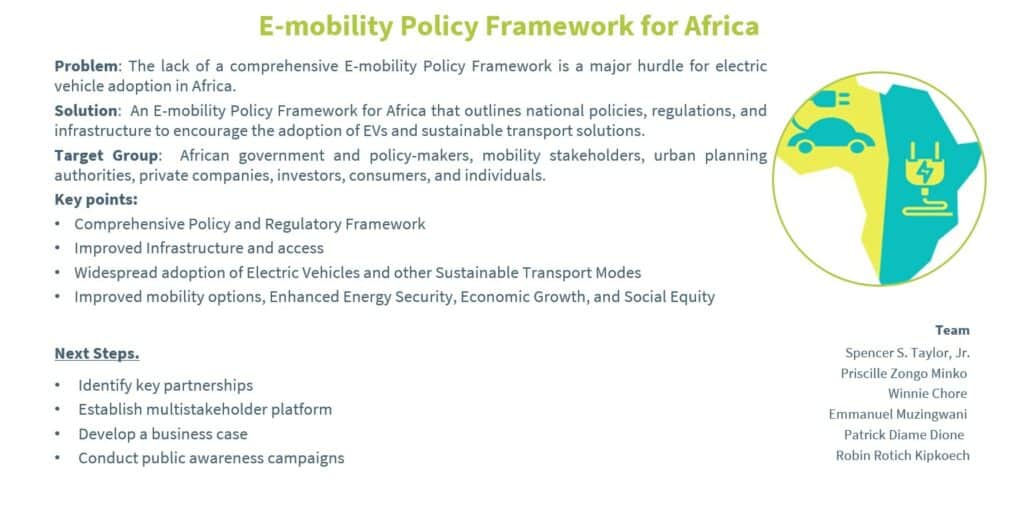
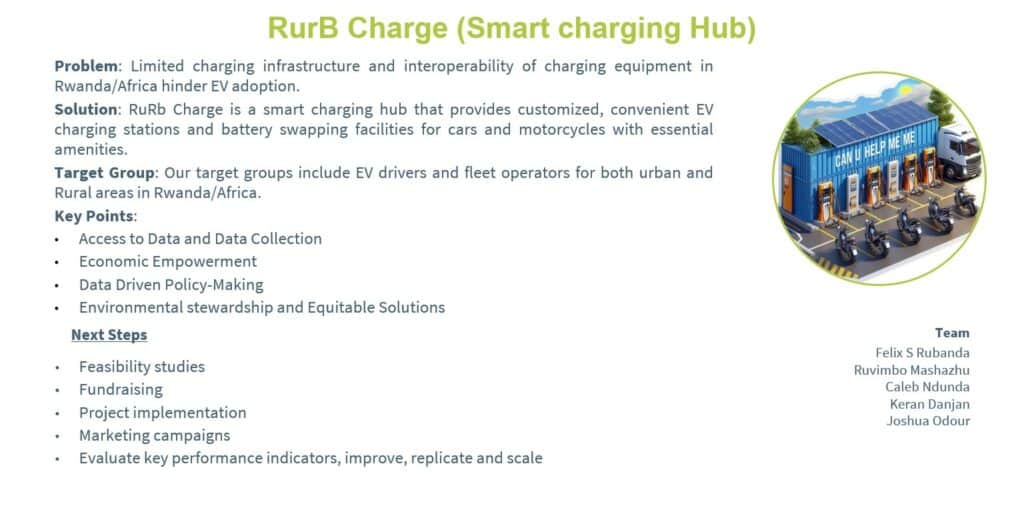
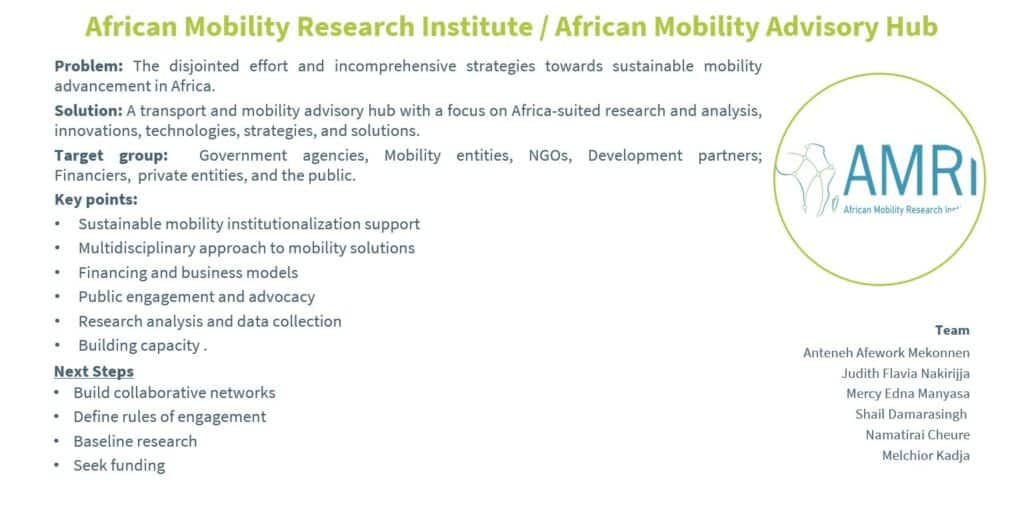
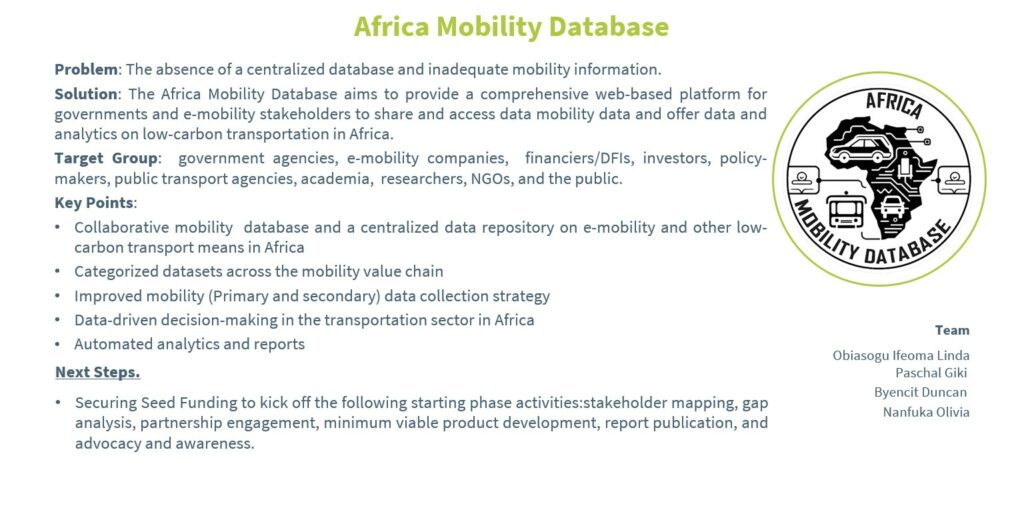
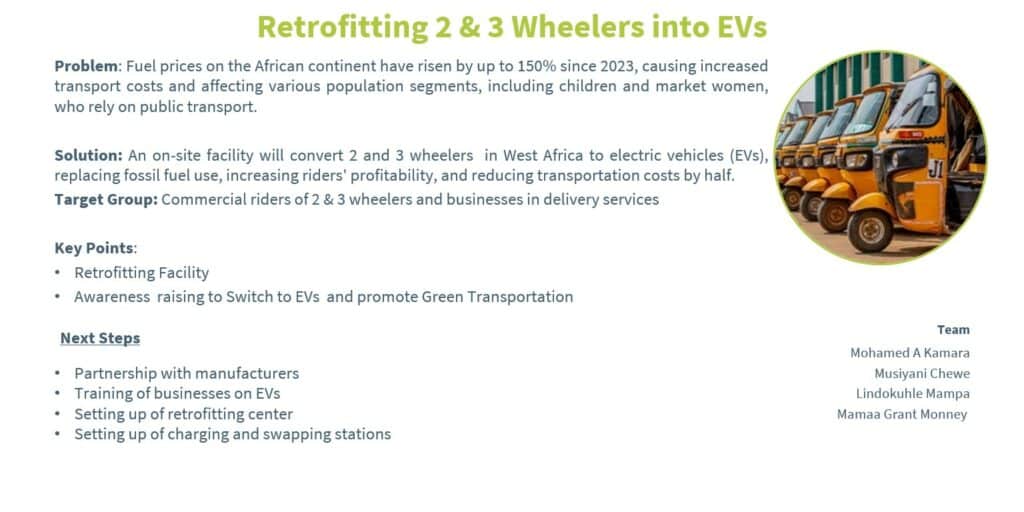
Each group developed actionable follow-up activities to refine their solutions and work towards implementation. These ideas reflect a commitment to creating sustainable, Africa-centric solutions that address the unique challenges and opportunities within the continent.

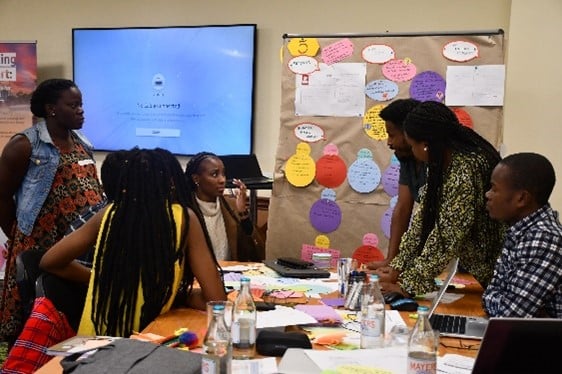
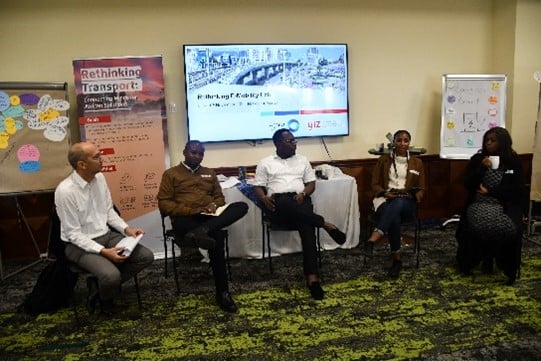
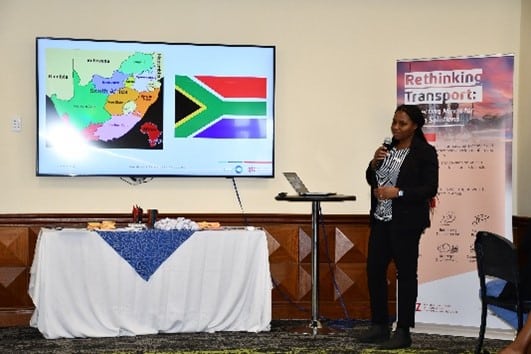
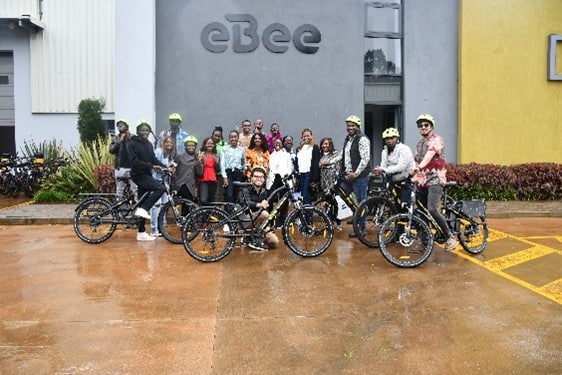

Groups are open for collaboration and support to make the solutions a reality. If that is of interest to you, please do not hesitate to contact us at rethinking.transport@giz.de and keep an eye on sustainable transport in Africa and join the debate!
Rethinking Transport is a GIZ self-financed initiative, implemented by GIZ and Agora Verkehrswende.
 Participants of the Rethinking Transport Lab "E-Mobility Lab" in Naivasha, Kenya 2023 ©GIZ
Participants of the Rethinking Transport Lab "E-Mobility Lab" in Naivasha, Kenya 2023 ©GIZ

Ulrich Tokam
ulrich.tokam@giz.de
Visit profile